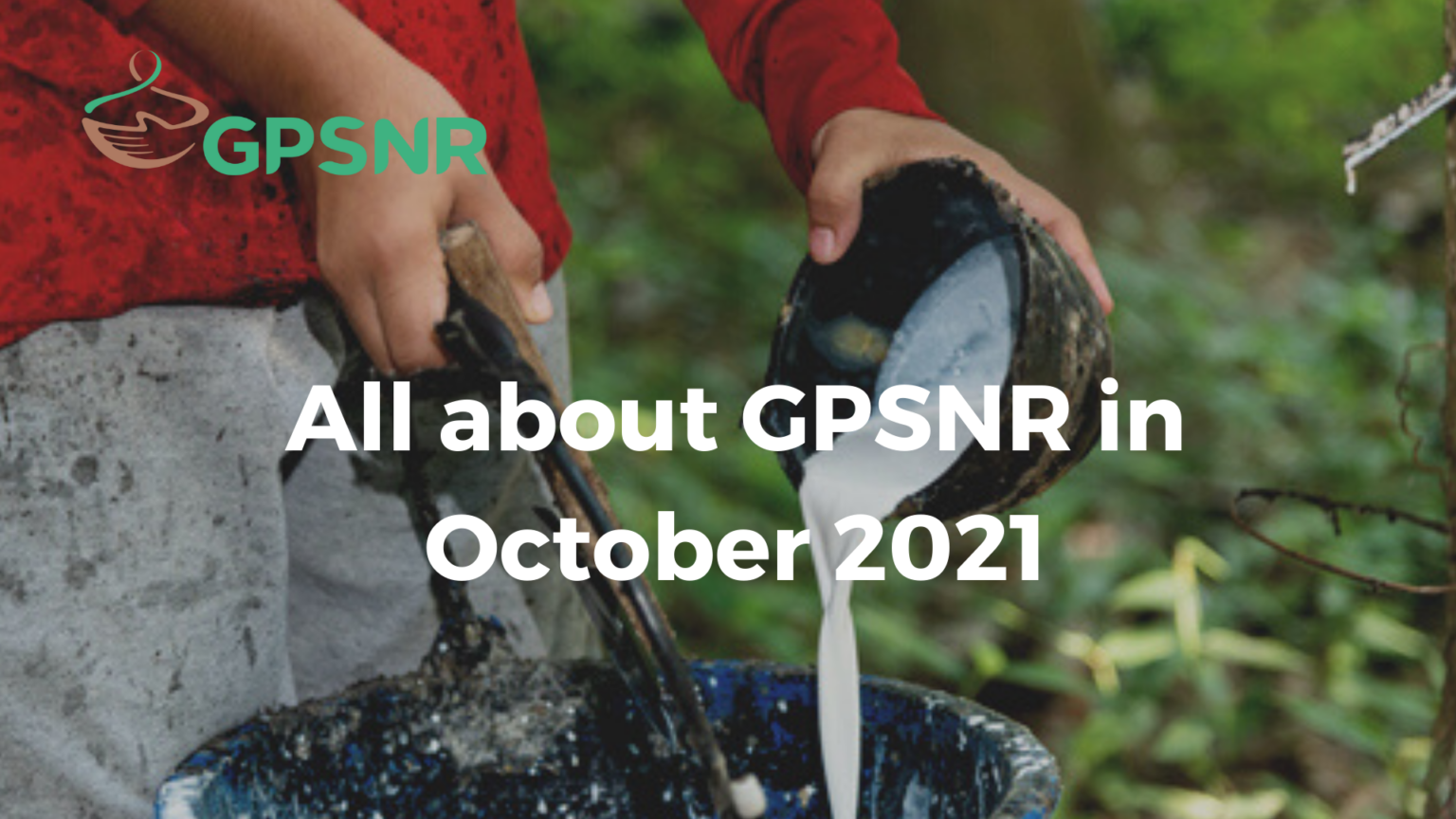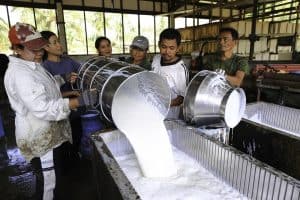It’s been a busy month, to say the least! If you haven’t had the chance to take stock of everything that has happened, here is the update:
Strategy and Objectives Working Group
After conducting 2 sessions of the Theory of Change (ToC) Workshop last month, the Strategy and Objectives working group will soon finalise the ToC document and potentially identify new strategies for GPSNR. They are also working on developing a Request for Proposals for the Economic Risk Study. If you are interested in working on this RFP, please let Aidan know (aidan@gpsnr.org)
Smallholder Representation Working Group
After three successful smallholder onboarding workshops for smallholders from Indonesia, India and Cambodia over the last two months, the working group is formally incorporating new smallholders from the three countries as GPSNR members. 28 new smallholders from Indonesia have already been accepted as members. The group will also be conducting onboarding workshops for Sri Lanka, Thailand and Ivory Coast, and is facilitating smallholder EC nominations ahead of the 2021 General Assembly on 14th December.
Policy Toolbox Working Group
As the General Assembly of 2021 comes closer, the group has met numerous times in October to finalize the Reporting Requirements. .
Capacity Building Working Group
After finalising the agroforestry position paper via the Agroforestry Task Force, the Capacity Building Working Group is busy finalising the Good Agricultural Practices (GAP), a system to monitor impacts of capacity building activities, implementation plans for Ivory Coast and Indonesia as well as developing key deliverables and milestones for the Thailand national sub working group.
Traceability and Transparency Working Group
This working group is conducting member consultations on the recently developed Traceability Benchmark, and will provide recommendations on the same to the EC based on traceability studies from last year. At the same time, they are developing a TOR for a new working group on risk assessment.
Shared Responsibility Working Group
The group has discussed and explored solutions to identified root causes for each focus area of shared responsibility. It is also continuing to draft activities and a framework for Shared Responsibility for integration into other processes such as the Implementation Guidance, which will include consultations with GPSNR members and WGs to ensure alignment on Shared Responsibility for the platform.






